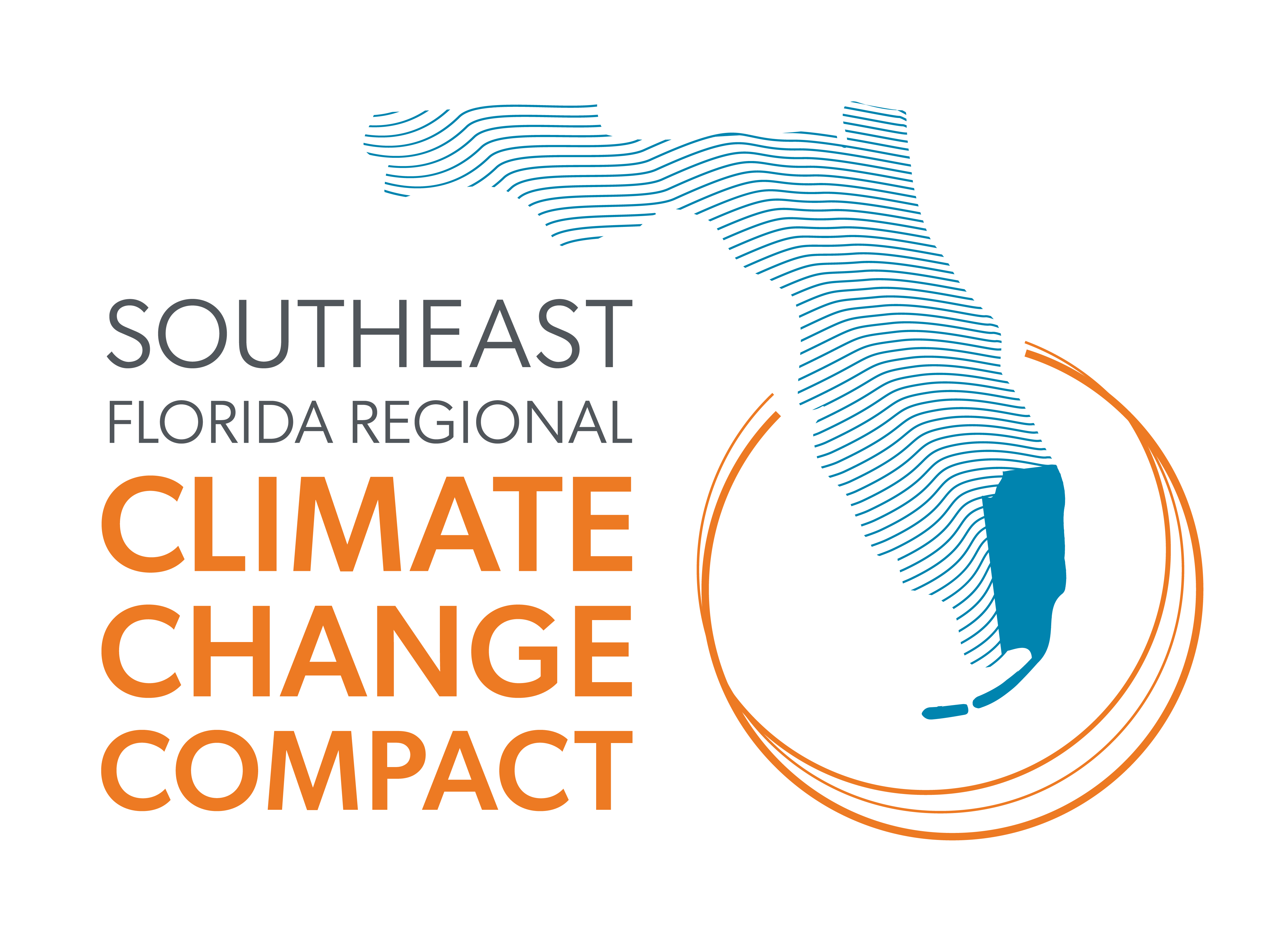Assess the regional agricultural sector’s climate vulnerability and relative contribution to regional emissions, expand research and outreach to address risks, and advance practices to increase resilience and reduce emissions of agriculture in the region.
STRATEGIES
AG-1.1 Conduct research to ascertain the relative contribution of the agricultural industry to regional emissions and assess the vulnerability of the sector to current and future climate change impacts.
IMPLEMENTERS: academic institutions
STATE/FEDERAL PARTNERS: FDACS
AG-1.2 Review and assess current Florida agricultural best management practices (BMPs) as they relate to the management of current and projected climate conditions and strategies for GHG mitigation relevant to the region. Recommend updates as needed and integrate climate-smart management practices into BMPs.
IMPLEMENTERS: academic institutions
STATE/FEDERAL PARTNERS: FDACS
AG-1.3 Facilitate sharing of climate-related agriculture research with local farmers and the agriculture industry.
IMPLEMENTERS: academic institutions, extension offices
AG-1.4 Advocate for increased funding to cost-share programs that assist farmers in implementing climate-smart best management practices.
IMPLEMENTERS: local governments, agriculture industry
STATE/FEDERAL PARTNERS: FDACS, USDA
AG-1.5 Advance research related to the impact of climate change agriculture adaptation in Southeast Florida, such as but not limited to, monitoring systems, best management practices, climate-smart crops, management systems for agriculture and ecosystem services.
IMPLEMENTERS: agriculture industry, professional/trade associations, academic institutions
STATE/FEDERAL PARTNERS: USDA
AG-1.6 Develop processes with agricultural extension services for regularly identifying the most pressing climate-related data and research needs for the agriculture industry in Southeast Florida with representatives of different agricultural sectors.
IMPLEMENTERS: extension offices, agriculture industry
